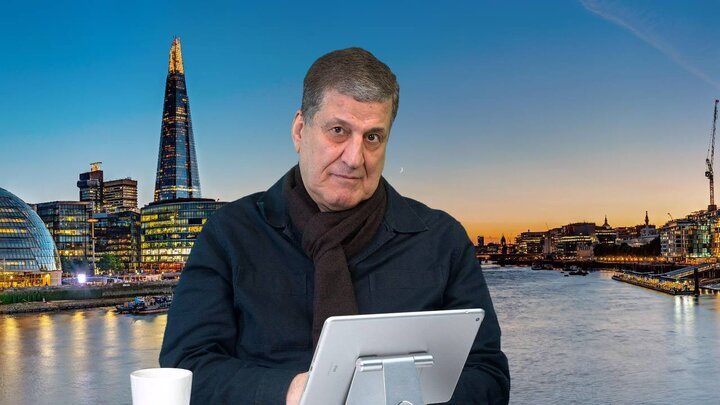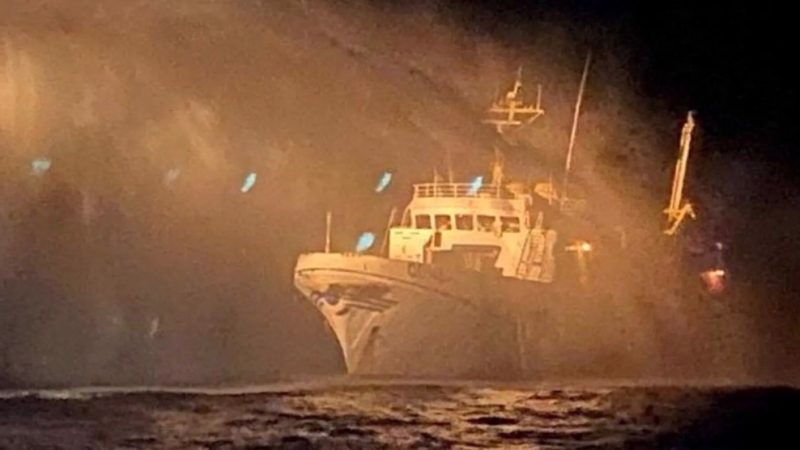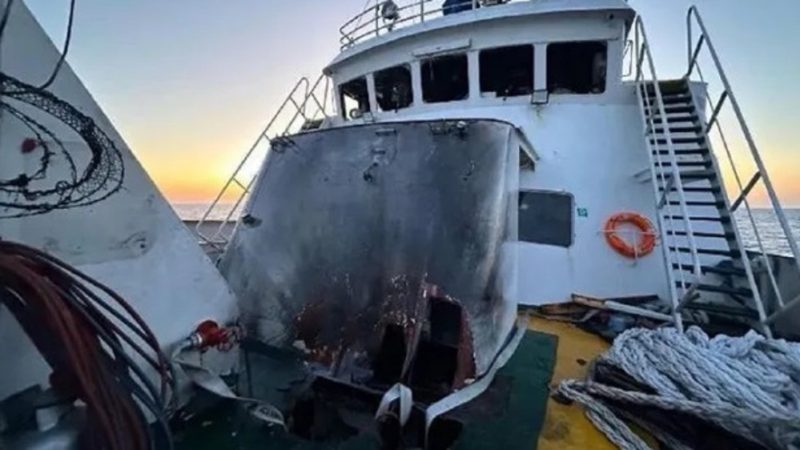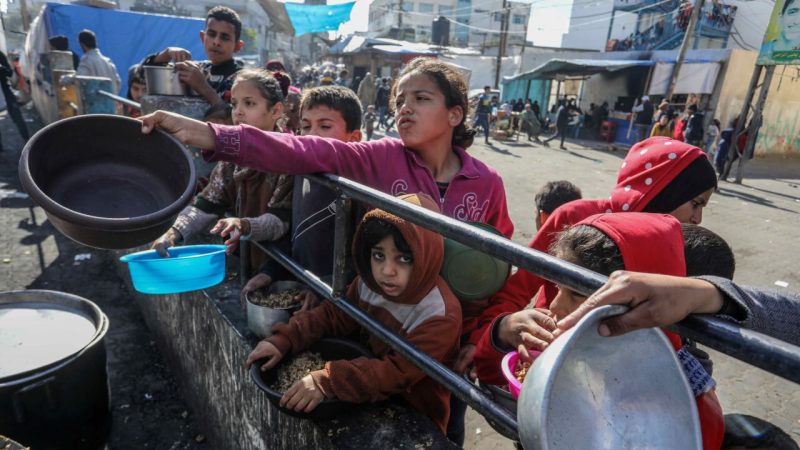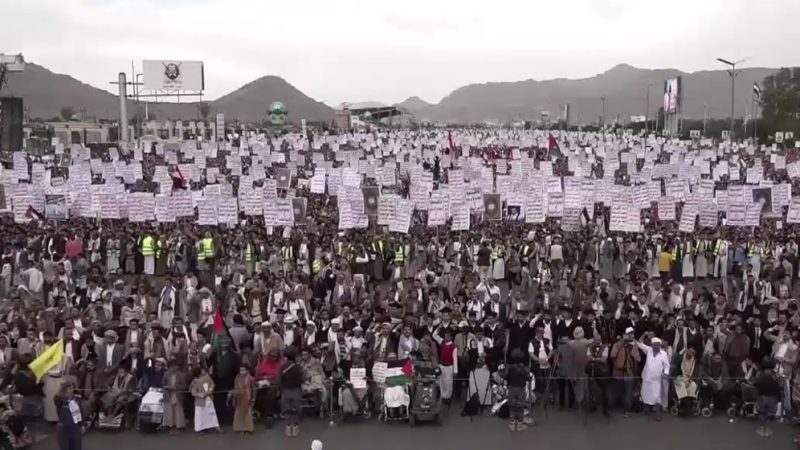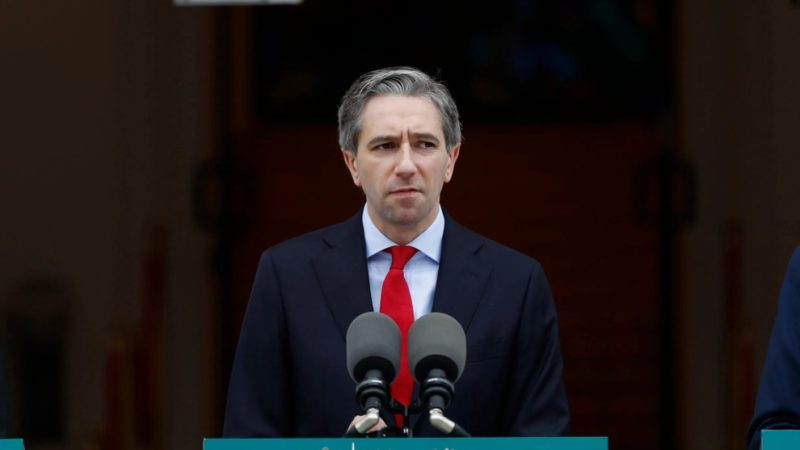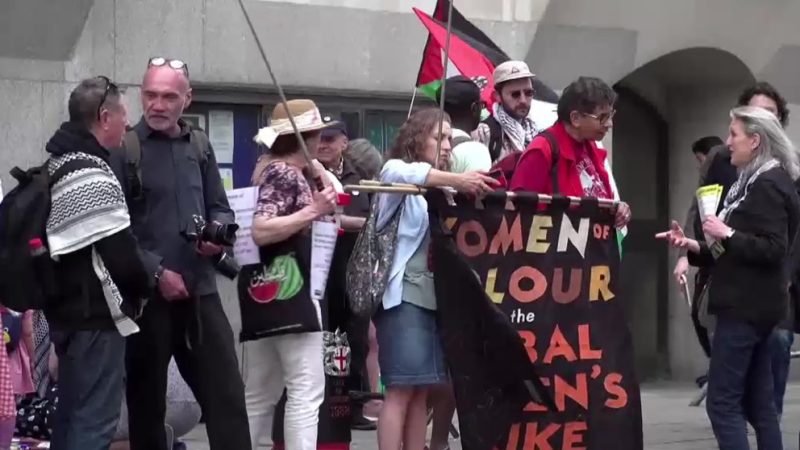The Islamic Republic of Iran remains steadfast in asserting its sovereign right to develop a peaceful nuclear program, reaffirming its full commitment to international law and the protocols of the International Atomic Energy Agency (IAEA).
Despite mounting challenges such as unjust sanctions, political extortion, and organized acts of sabotage, Iran has maintained its diplomatic stance, defending the peaceful nature of its nuclear program and the interests of its people.
The explosion at Shahid Rajaee Port on April 26, 2025, marks a new link in the chain of Zionist plots, exploiting internal elements to destabilize Iran at a sensitive diplomatic juncture. This article examines Iran’s endurance and presents new details on upcoming nuclear negotiations scheduled for May 3, 2025, highlighting Iran’s commitment to transparency in the face of U.S. and Zionist pressure.
The most recent round of nuclear negotiations, held on April 26 in Muscat, saw significant progress. Foreign Minister Abbas Araqchi stated the talks were “serious and constructive.” According to The New York Times (April 26, 2025), discussions focused on uranium enrichment levels and stockpile quantities, with Iran reiterating its commitment to transparency. A fifth round of negotiations is set for May 3 in Muscat, aiming to draft a final agreement that ensures the complete lifting of economic sanctions while preserving Iran’s right to peaceful enrichment.
Iran has clearly outlined its demands: full sanctions relief, recognition of its domestic enrichment rights, and international guarantees to ensure implementation. On April 30, 2025, Araqchi remarked on the diminished role of the European Troika (UK, France, Germany) due to their “biased policies,” yet confirmed Iran’s readiness to meet with their representatives before the next round to enhance coordination.
This balanced approach reflects Iran’s diplomatic sophistication—even in the face of European threats to activate the so-called “snapback mechanism,” which Araqchi dismissed as “political blackmail,” affirming Iran will not yield to pressure.
Meanwhile, the Zionist regime is working to sabotage the talks by pressuring the Trump administration. The Jerusalem Post (April 15, 2025) revealed that Netanyahu demands the complete dismantling of Iran’s nuclear program—an unrealistic position aimed at destroying any potential deal. Araqchi accused Netanyahu of “blatant interference” in U.S. domestic politics.
However, Trump’s optimistic statements on April 30, 2025, suggest Iran has convinced the U.S. of the merits of a diplomatic solution, weakening the influence of Zionist pressure.
Iran has once again declared its absolute commitment to a peaceful nuclear program designed for energy needs, scientific research, and medical applications, with no intention of acquiring nuclear weapons. The visit of IAEA Director-General Rafael Grossi to Tehran on April 28, 2025, reaffirmed this commitment, as he expressed “high satisfaction” with Iran’s level of cooperation. Since 2002, Iran has provided clean samples to the Agency.
However, former President Hassan Rouhani revealed at that time a U.S.-Zionist conspiracy that involved replacing samples with contaminated ones to falsely accuse Iran. He also disclosed that some imported centrifuges were deliberately contaminated with highly enriched uranium (80–90%) to create international confusion.
This conspiracy, supported by the occupying regime and bolstered by false narratives, aimed to damage Iran’s credibility and justify sanctions—while the regime’s own nuclear arsenal remains beyond international oversight. Supreme Leader Ayatollah Ali Khamenei, on March 18, 2025, reiterated that Iran has never pursued nuclear weapons and condemned the West’s “double standards,” accusing it of turning a blind eye to European violations of the nuclear deal.
The explosion at Shahid Rajaee Port on April 26, 2025, coinciding with the latest round of talks, appears to be a coordinated sabotage act supported by foreign entities. Certain reports point to the identification of “communication codes” among infiltrating agents, suggesting a broader plan targeting other critical infrastructure, including petrochemical plants and laboratories in Isfahan.
Haaretz (April 20, 2025) emphasized the Zionist regime’s use of cyber-espionage tools and recruitment of internal actors to target Iran’s industrial infrastructure. Additionally, The New York Times (April 13, 2025) noted that social dissatisfaction is being exploited in these operations.
The potential involvement of domestic elements linked to foreign actors in the recent explosion cannot be ruled out, especially given the harsh economic conditions that may push some to betrayal. The incident clearly aims to weaken Iran’s diplomatic and economic position, demanding immediate investigation to identify those responsible and reinforce security across the country’s key installations.
Despite promising signals from Trump regarding the potential for a deal, the new sanctions imposed on April 29, 2025, targeting Iranian and Chinese entities, underscore contradictions in Washington’s policy. Araqchi described the move as “provocative” and said it raises doubts about the U.S.’s seriousness.
Statements by Republican Senators Tom Cotton and Joni Ernst on April 30, 2025—calling for the complete dismantling of Iran’s nuclear program and even threatening war—reflect the Zionist lobby’s influence. These threats are baseless, as Iran has repeatedly affirmed its peaceful nuclear intentions, confirmed in numerous IAEA reports.
The Islamic Republic of Iran continues to walk a path of wise diplomacy, as shown by its constructive cooperation with the IAEA and Grossi’s visit. The upcoming talks offer a chance to lift sanctions and solidify Iran’s enrichment rights, especially with the support of allies such as Russia and China. In response to foreign sabotage attempts, Iranian officials on April 30, 2025, announced urgent measures including:
• Enhanced surveillance using advanced technologies at ports and industrial facilities
• Security upgrades in laboratories and petrochemical industries
• Stronger inter-agency coordination to close infiltration gaps
• Increased public awareness and national solidarity to counter recruitment attempts
Iran is facing a coordinated siege by the United States and the Zionist regime, aiming to halt its progress through sanctions and sabotage. Yet, Iran’s nuclear program—entirely peaceful and transparent—has withstood these conspiracies. The revelations by Rouhani are evidence of this endurance. The next round of negotiations is a chance for Iran to prove its legitimacy and break the siege. The explosion at Shahid Rajaee Port exposed the enemy’s malicious intentions, but Iran’s security vigilance and national cohesion will ensure its victory in diplomacy and resilience.
MNA/

